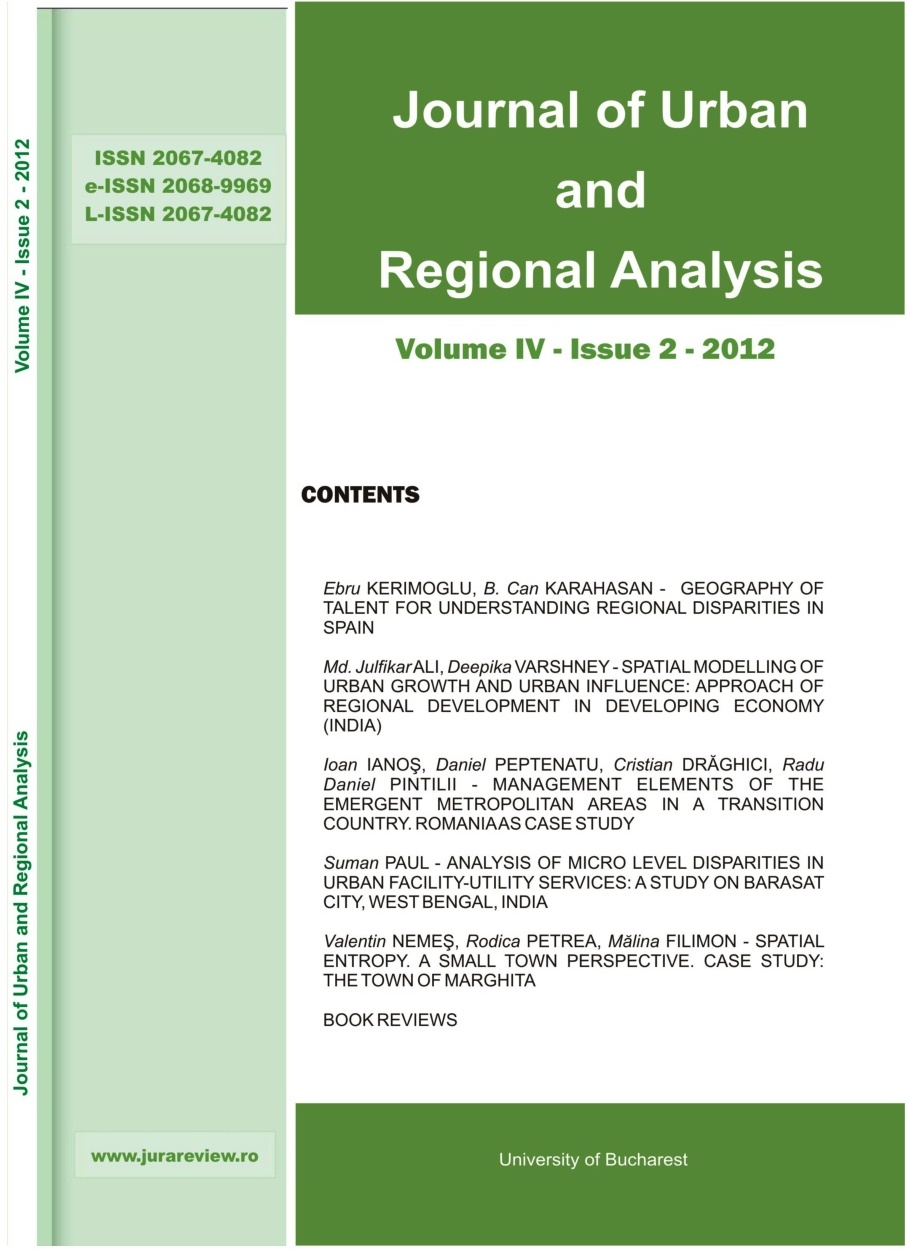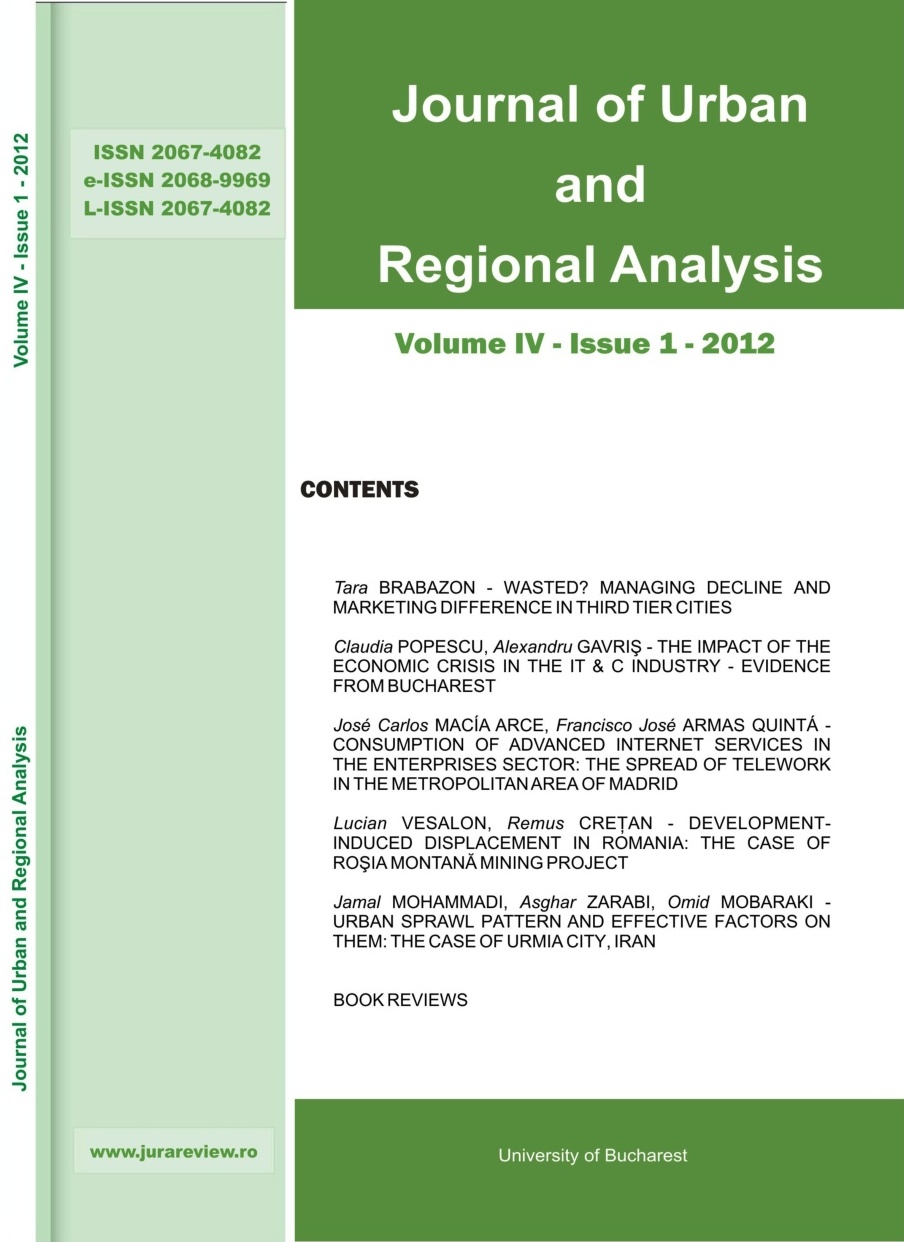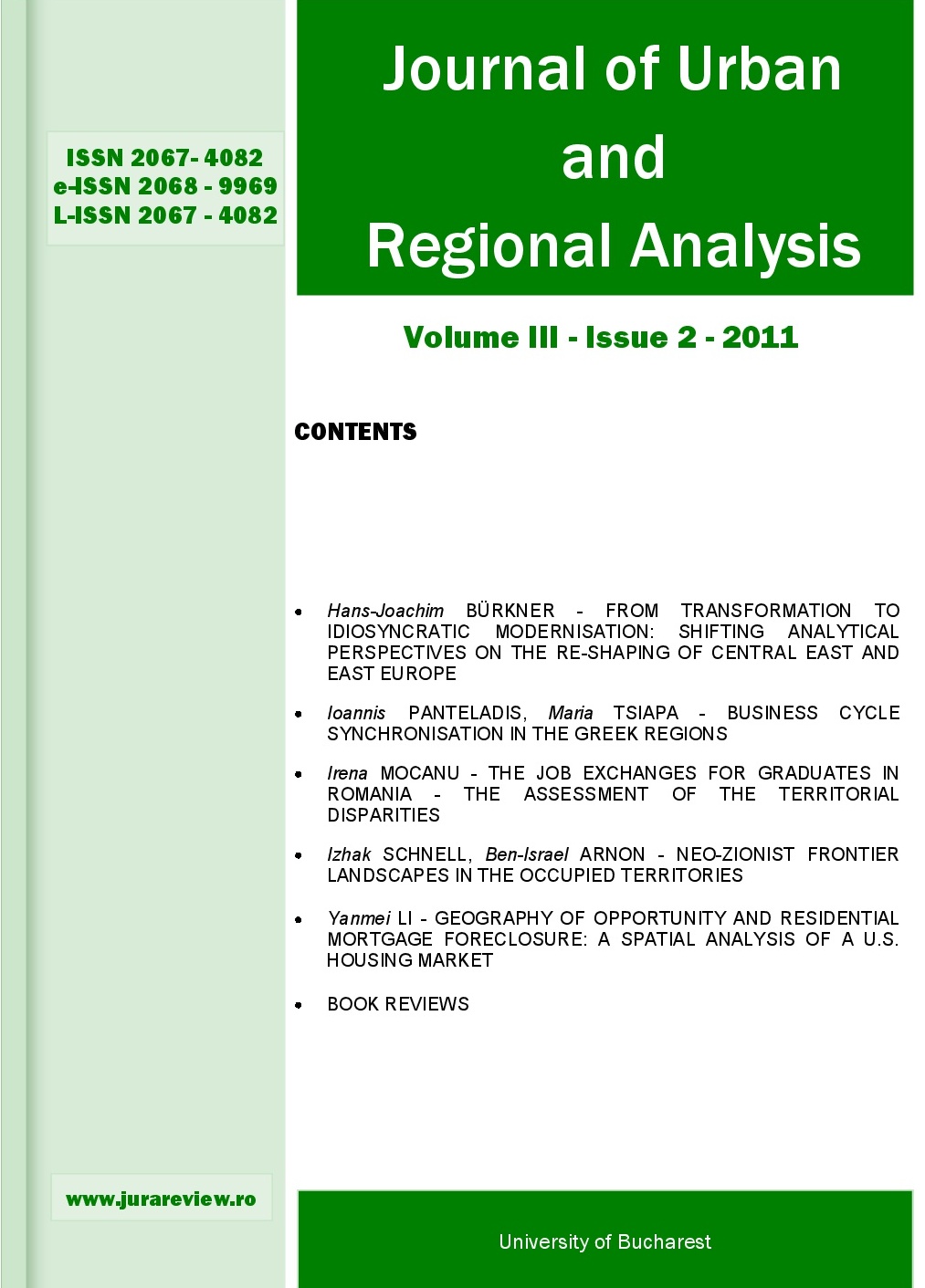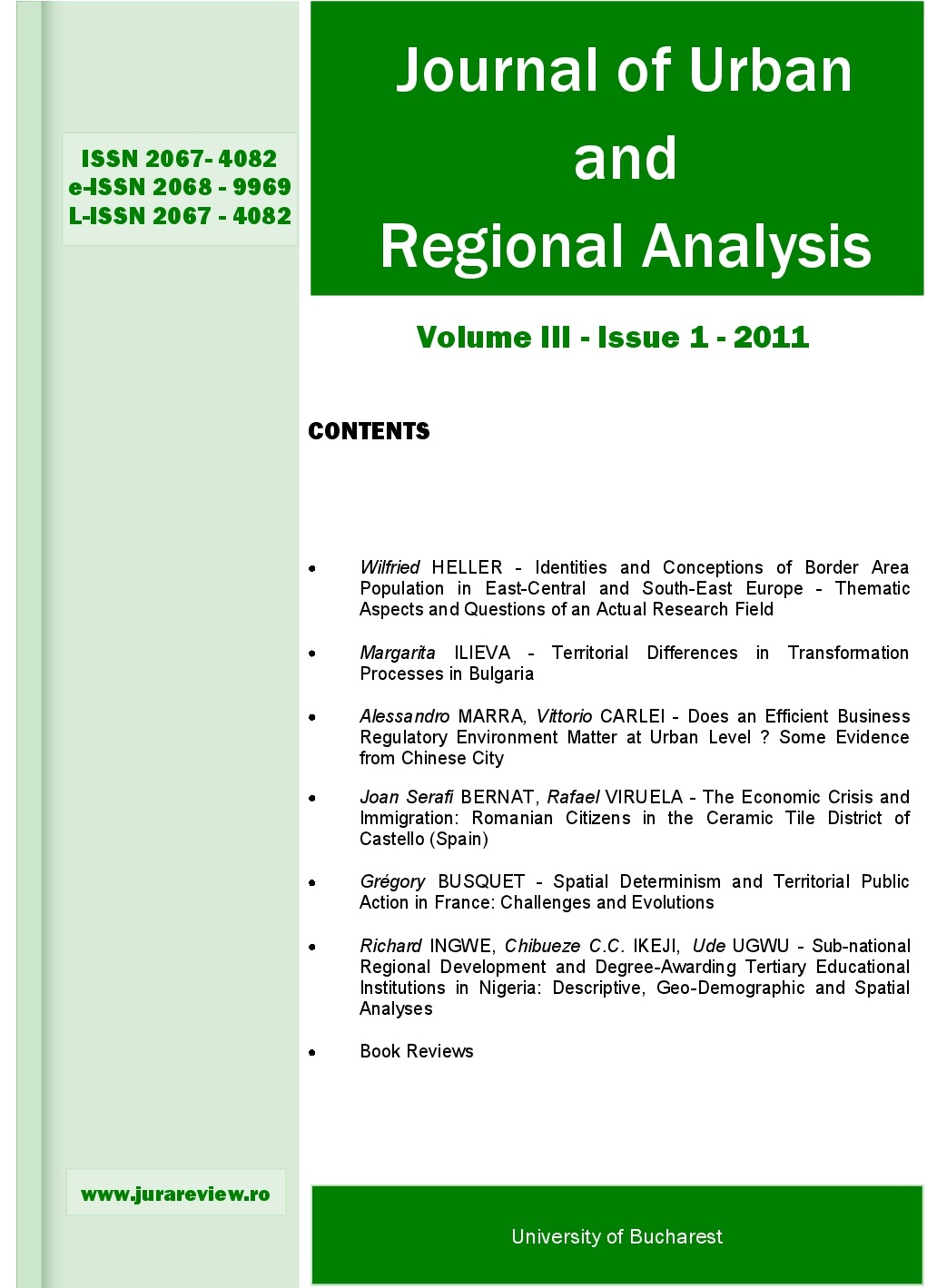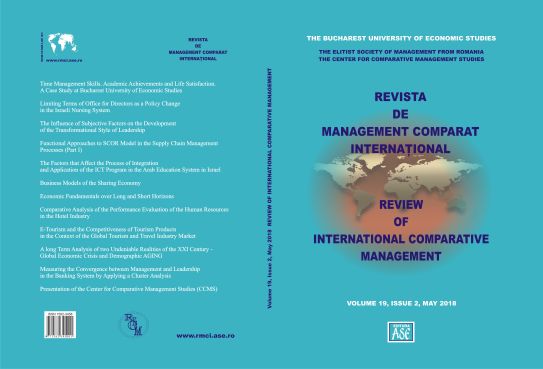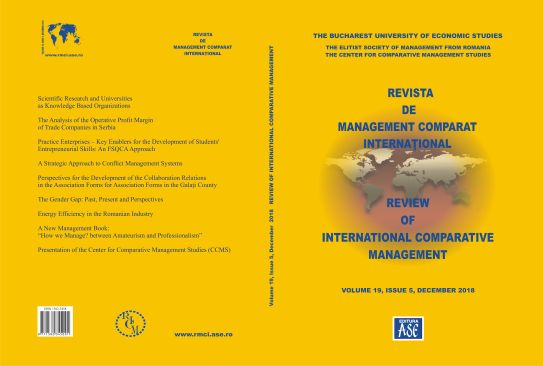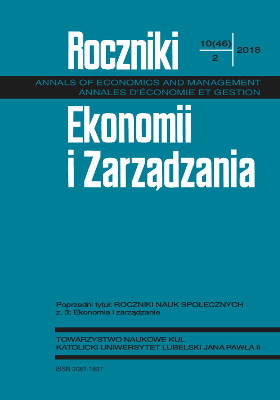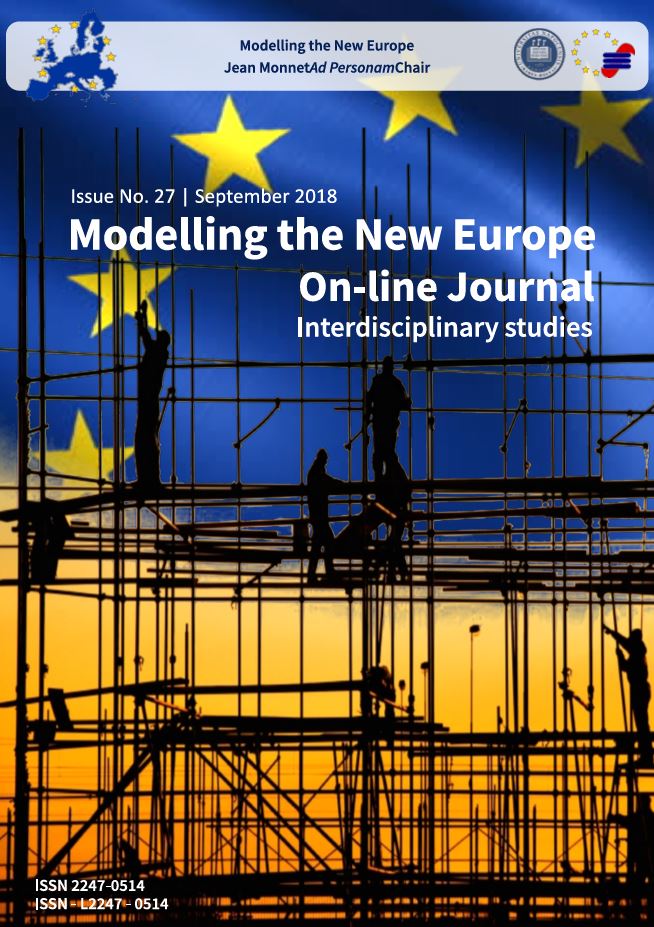
CHALLENGES FOR THE DEVELOPMENT OF SOCIAL ENTREPRENEURSHIP IN ROMANIA
Social entrepreneurship is a complex phenomenon with various meanings and approaches, its main features being tocreate social value through social innovation, to satisfy diverse social needs at systemic level, from poverty tounemployment, from social exclusion to population aging, and so on. Social entrepreneurship activities areinfluenced by environmental factors that are part of the so-called entrepreneurial ecosystems, and consist ofcomponents whose interdependence and interaction have a major impact on this sector. The purpose of thisexploratory research (the sources used are secondary, which leads to a desk research) is to analyze the challengesfaced by social entrepreneurship in Romania from an evolutionary perspective. The analysis focuses on thelegislative framework and some of the components of the ecosystem of social entrepreneurship.
More...
